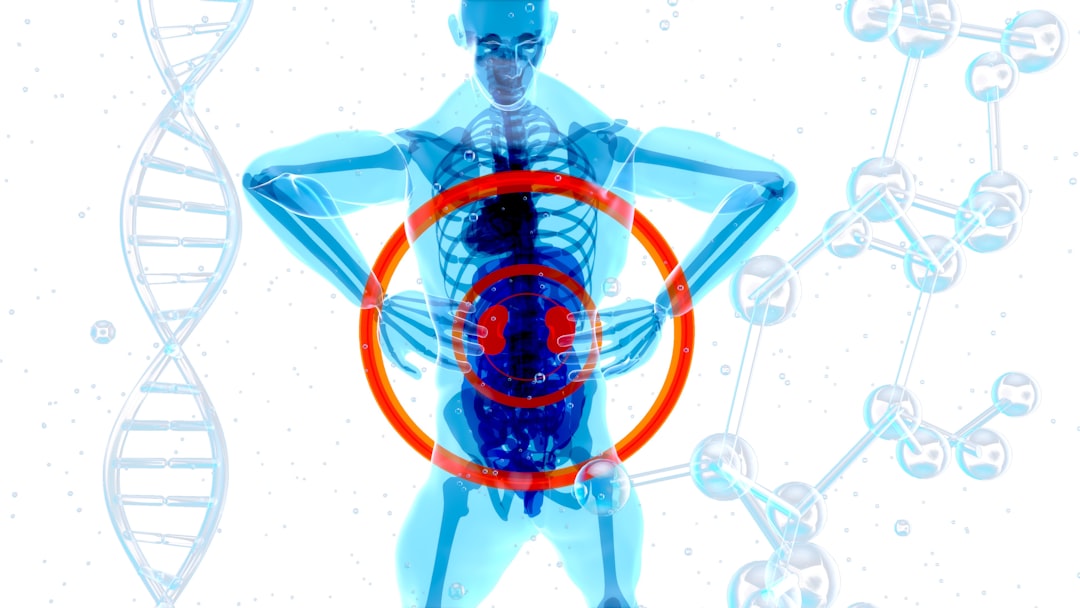What is it about?
Atomization energies obtained within the random-phase approximation (RPA) for a set of small molecules using Gaussian-type orbitals and plane waves together with the projector-augmented wave method are compared. The reference-type atomization energies are presented and detailed procedures to obtain highly accurate and well converged results are described. The two presented approaches agree within chemical accuracy (1 kcal/mol) for the atomization energies of all considered molecules, both for the exact exchange as well as for the RPA.
Featured Image

Photo by Zoltan Tasi on Unsplash
Why is it important?
Correlated wavefunction methods of the quantum-chemical hierarchy are more and more routinely applied to the solid state. While both quantum chemistry and solid state codes ultimately try to solve the same problem - the many-body Schrödinger equation - they are designed to deal with different systems, namely molecules and periodic systems respectively. As a result different basis sets are empoyed: while Gaussian-type orbitals (GTOs) are well suited to describe molecules or atoms, plane waves in combination with pseudopotentials or related methods are simpler to use in solids. This work assesses the quality of projector-augmented wave (PAW) potentials constructed for solid-state density-functional theory groundstate calculations applied to correlated wavefunction calculations. Since the chosen validation method - the random-phase approximation - captures many phenomena described by more involved methods we expect the PAW potentials to be useful and accurate in solid-state correlated-wavefunction calculations where reference calculations are not yet easily and systematically doable using GTOs.
Read the Original
This page is a summary of: Approaching the basis-set limit of the dRPA correlation energy with explicitly correlated and projector augmented-wave methods, The Journal of Chemical Physics, November 2022, American Institute of Physics,
DOI: 10.1063/5.0124019.
You can read the full text:
Contributors
The following have contributed to this page










